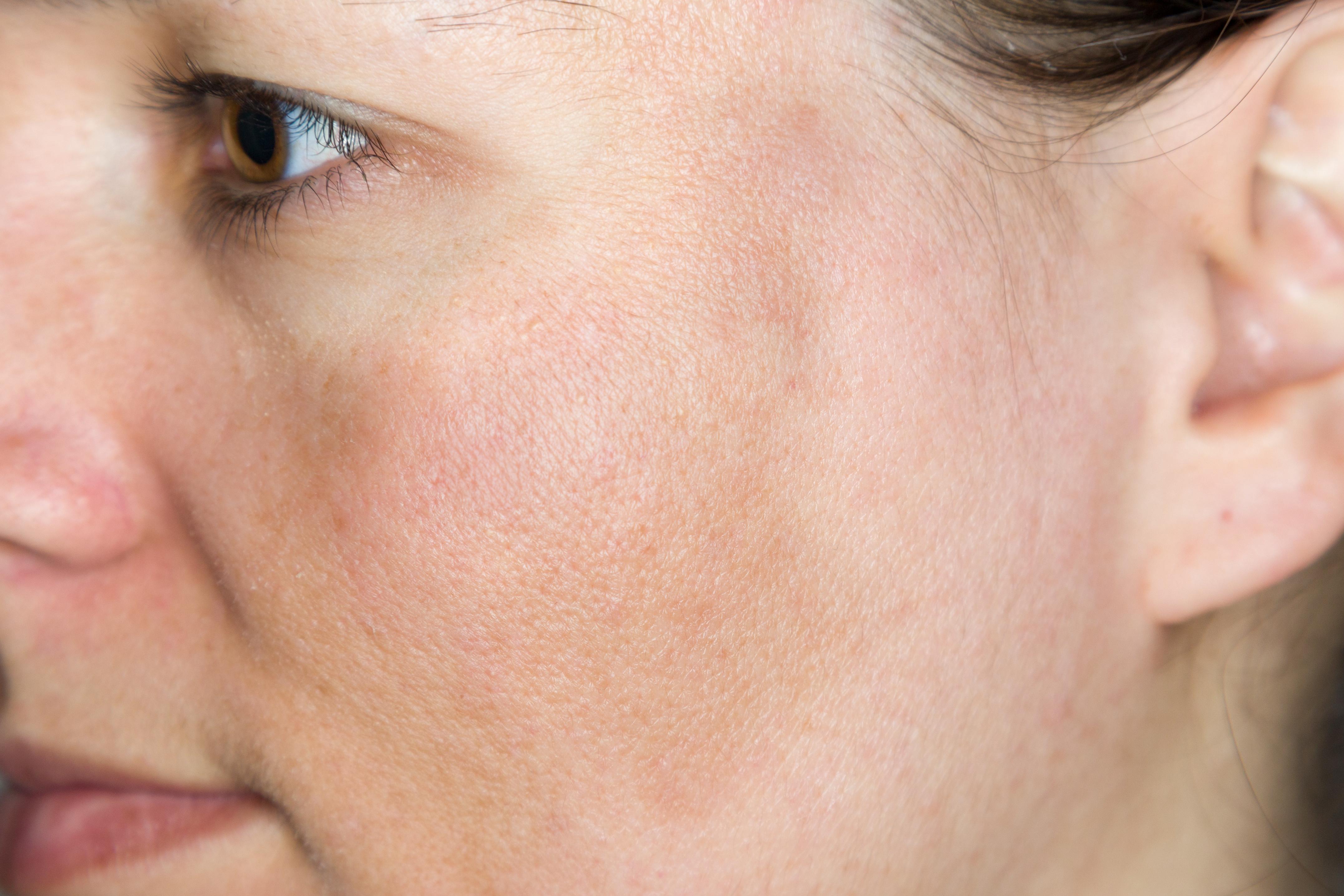Everything You Have to Know About Hyperpigmentation
5th Jan 2018
Hyperpigmentation, next to acne is the second most common reason why people visit dermatologists. It is a syndrome that a number of man and women around the world struggle in their late 20s or older. Two most common questions we get is how to treat hyperpigmentation and whether whitening Korean cosmetics are safe for the skin? These two questions prompted us to give more guidance on what hyperpigmentation is and how to treat it. It’s time we confronted hyperpigmentation and all myths associated with it.
So what is hyperpigmentation?
Hyperpigmentation occurs when melanin is overproduced in certain areas on the skin. It results in flat, darkened patches of skin that can vary in size and color. The brown patches are attributed to an increased amount of pigment in the skin. The pigment may be located superficially in the epidermis (epidermal melasma), deeply in the dermis (dermal melasma), or a combination of both. This overproduction is triggered by a variety of factors, but the main ones can be linked back to sun exposure, genetic factors, age, hormonal influences, and skin injuries or inflammation. In more details:
- Melasma or chloasma– occurs as a result of hormonal influences such as pregnancy and birth control pills. It causes dark and irregularly shaped areas on the face or arms that can be quite large. This type of pigmentation usually fades slowly after discontinuation of oral contraceptives.
- Freckles are caused by sun exposure, and commonly appear on the face.
- Post-inflammatory hyperpigmentation occurs when a skin injury heals and leaves a flat area of discoloration behind. It is common for people who suffer or suffered from acne. It also can be caused by aggressive cosmetic procedures such as dermabrasion.
- Other factors– there are other factors that can cause patches of skin to become darker – such as moles, scarring, birthmarks, which should be consulted with your doctor or pharmacist.
Hyperpigmentation
What can be done about hyperpigmentation?
- Exfoliate: Dark spots can last for even 6-12 months. Exfoliate your skin to speed up your natural skin cycle of revealing fresh new skin underneath.
We recommend exfoliating dry and sensitive skin types once-twice a week. Normal, combination and oily skin depending on its sensitivity can be exfoliated two-three times a week. We suggest using gentle exfoliators that won’t irritate the skin. Here’s a quick read on exfoliating the right way.
- Use brightening/ whitening products
The good news is we have selected a number of products that have whitening/ brightening effect and are great solution for this pesky skin condition.If you look at the Korean skincare you will notice that a number of products are If you look at the Korean skincare you will notice that a number of products are labelled “whitening”. However, these products have nothing to do with unhealthy and harmful cosmetics which are bleaching the skin. The Korean concept of “whitening” the skin comes from the desire to luminous and spot, scar and freckle free skin. Therefore, whitening Korean cosmetics are locking healthy ingredients which give the skin brightness and glow instead of dullness and patchy look. These products are crucial in treating hyperpigmentation.
- Use SPF: Sun cream is a key to hyperpigmentation prevention. Make sure you use a broad-spectrum sunscreen every day no matter what the weather is like. This will protect your skin against further UV induced hyperpigmentation. We have an amazing range of sun creams and BB/ CC creams that you will fall in love.
Ingredients to be included in your skincare
Some of the hero ingredients you want to see on the ingredients list are: Vitamin C Vitamin C helps prevent melanin production and therefore stops creating the dark spots and hyperpigmentation. Vitamin C also lightens the areas affected already by hyperpigmentation. Niacinamide A vitamin B derivative has been known to have positive effects on lightening hyperpigmentation marks. Licorice Licorice can help reduce the appearance of dark spots and hyperpigmentation because it contains “glabridin” which inhibits the enzyme that makes skin to darken. Glabridin helps decrease the production of melanin and will help even out those dark spots.Fruit ExtractsFruit extracts help soften and exfoliate skin which in turns helps to fade dark spots and remove dead skin cells. Retinols A form of vitamin A, retinols work at the cellular level to increase cell turnover, stimulate collagen and elastin production and fade hyperpigmentation. Retinols can be very strong so use with caution and under the supervision of your doctor so that you can ease these products into your skin care routine. These ingredients target discoloration while treating the whole complexion for dullness and uneven skin tone. The entire range of products that will tackle uneven skin tone and sun damage skin is available here.


